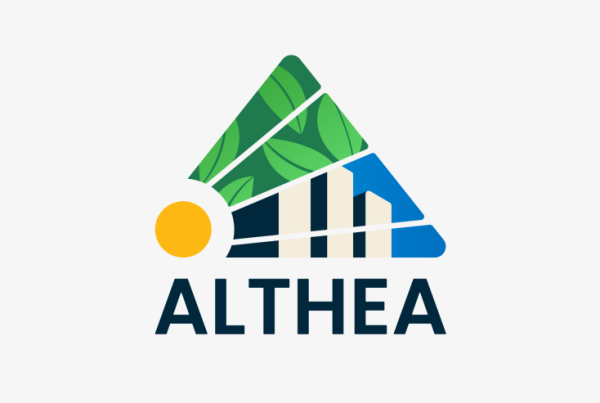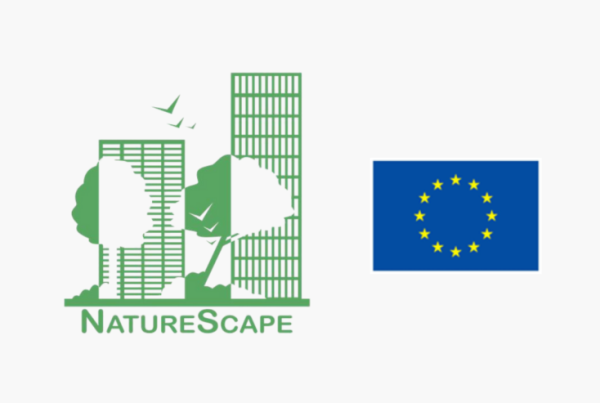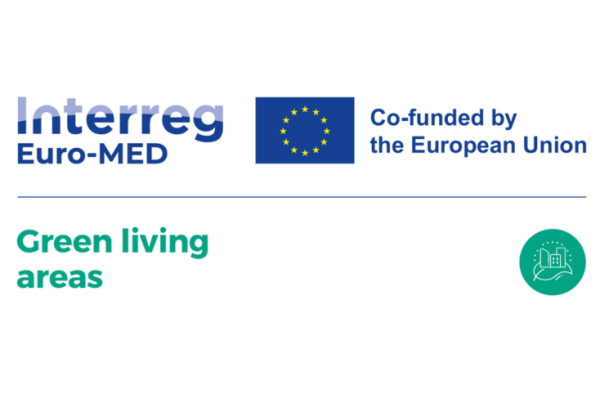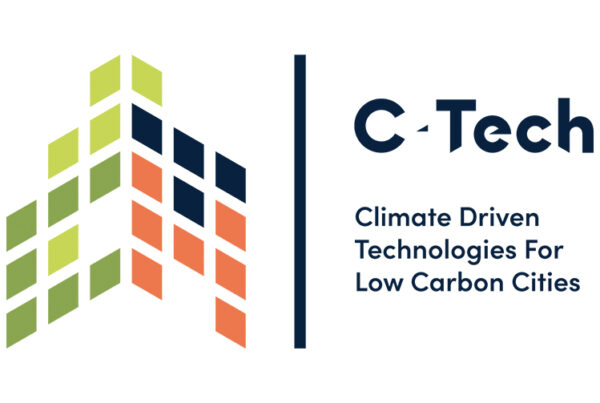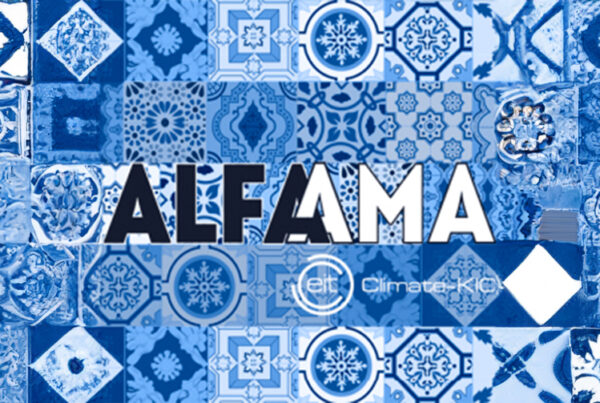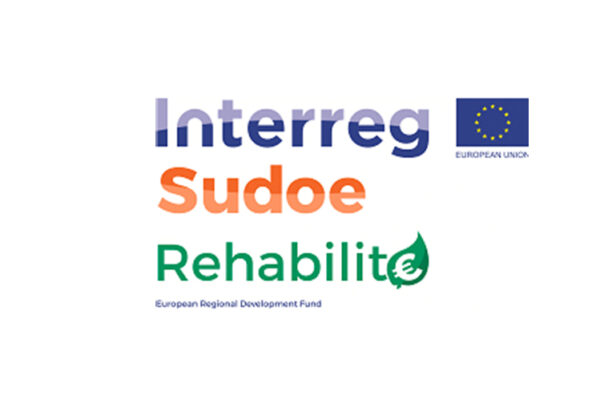Cities have a strong dependency on the supply of food, energy, raw materials, and ecosystem services. Most of them are produced outside of their boundaries. Rural areas, in turn, are dependent on a wide set of administrative services of general interest provided by cities, and on the connectivity to local and global urban markets that they provide.
Promoting regenerative-based exploration initiatives and strengthening local and regional short-chain systems are among the priority actions that have a significant impact on increasing the resilience of territories to climate change, promoting biodiversity, and accelerating the transition. for circular economic systems.
It is in this context that the RURBAN Link project arises, which aims to develop an urban/rural food system that optimizes the flow of products from production to processing, distribution, and consumption and the consequent optimization of the reduction of greenhouse gas emissions and food waste.
Within the scope of the project, three strategic lines were identified:
- Promotion of consumption of regeneratively grown and short-chain food supply;
- Value chain optimization;
- Design and marketing of healthier food products.
As cities are not dedicated to the generalized production of food, it is very important to have access to information and tools that allow the assessment of the current footprint, analysis of the potential for improvement, real interdependencies, and design of the necessary strategies and action plans for the definition of measures aligned with the sustainability and resilience of local and regional food systems which they interact. Under this project, Lisboa E-Nova is collaborating on the construction of a Local Action Plan for Urban-Rural Relations concerning food systems.
Visit here the project page.

